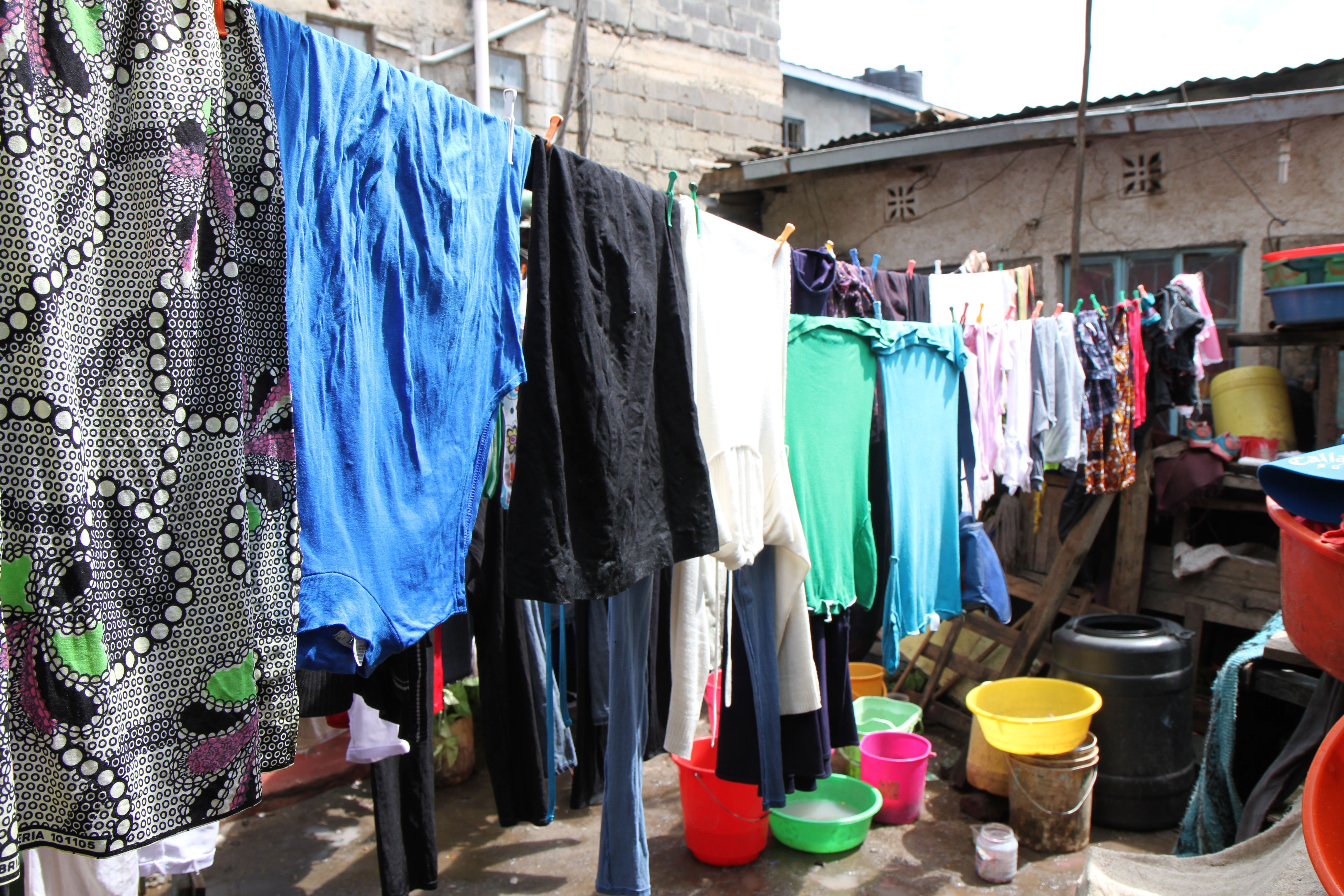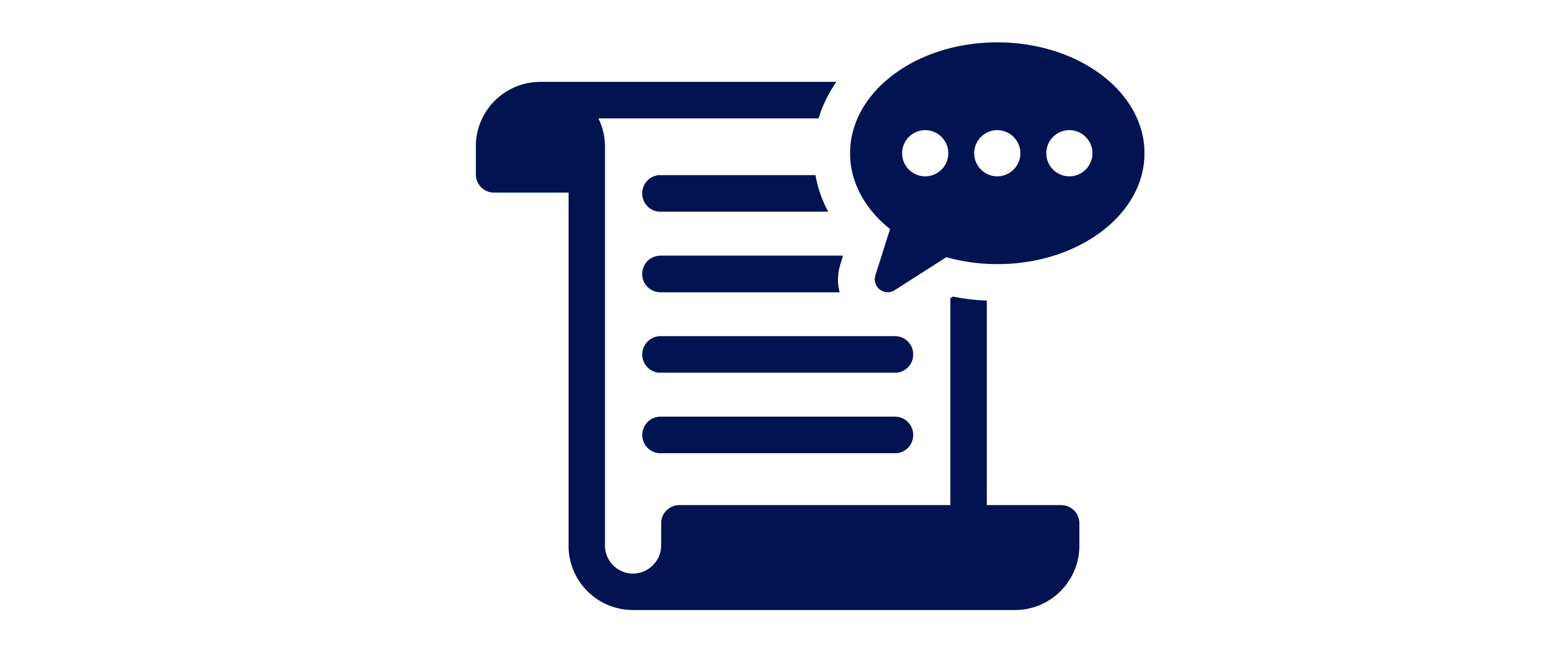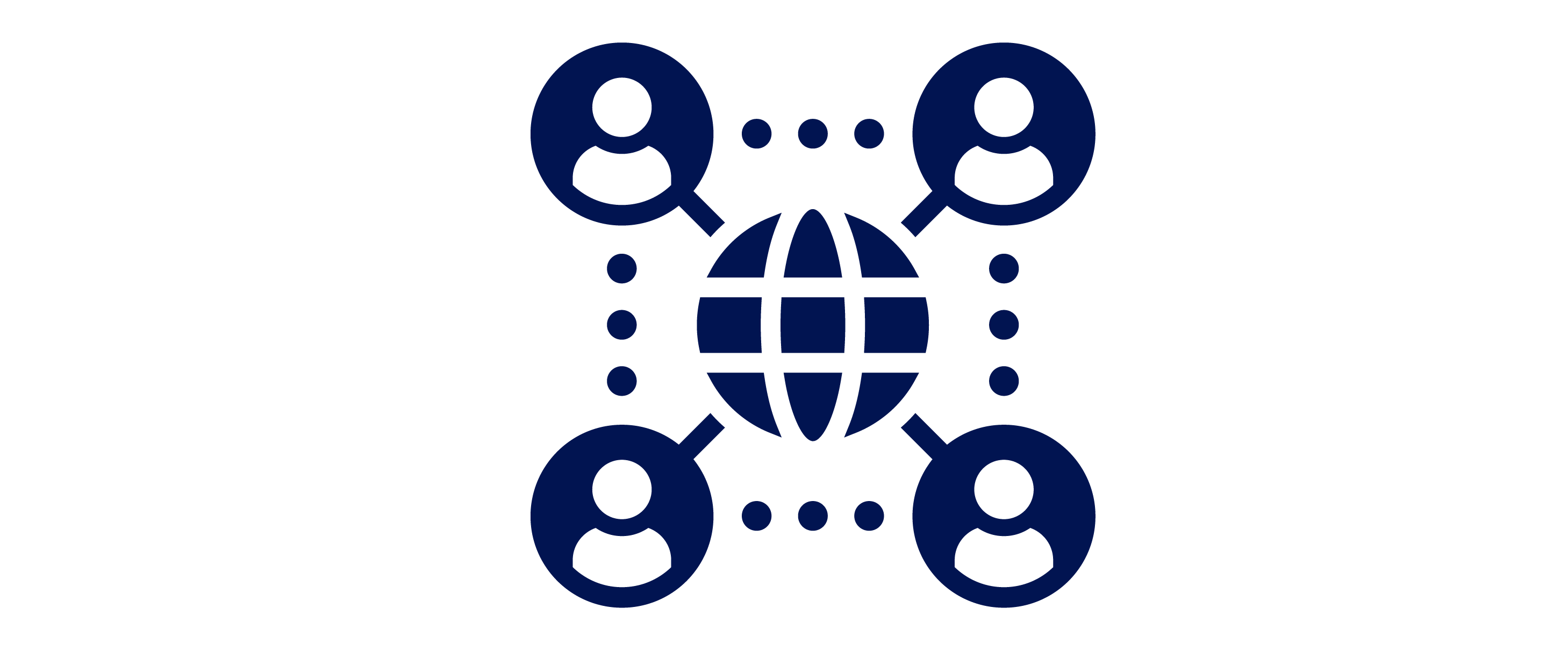Everyday Clean (Usafi Kila Siku): Enhancing Hygiene in Low-Income Communities
Everyday Clean, also known as Usafi Kila Siku in Swahili, is a project led by Professor Jude Robinson from the University of Glasgow. This initiative aims to improve water, sanitation, and hygiene (WaSH) practices in low-income environments in Kenya, where people live in close proximity to animals and wildlife.
The Vision
The vision behind Everyday Clean is to engage local communities in effective hygiene management to reduce the transmission of bacteria and viruses. By focusing on the interconnectedness of human and animal health, the project addresses hygiene as a critical One Health issue.

Development and Features
Everyday Clean was developed as part of the UKRI GCRF project One Health Network for the HORN of Africa. The project involves interdisciplinary research conducted by anthropologists and microbiologists in the Somali Peninsula, East Africa.
Key features of Everyday Clean include:

Storytelling
Using storytelling to engage communities in WaSH interventions.

Visual and Digital Content
Creating accessible educational materials to inform local communities about hygiene standards.

Community Engagement
Working directly with communities to implement and sustain hygiene practices.
Support from the College of Medical, Veterinary & Life Sciences (MVLS)
The College of Medical, Veterinary & Life Sciences (MVLS) at the University of Glasgow has been instrumental in supporting the Everyday Clean project. Through the support of the Translational Research Initiative, Professor Robinson and her team explored the role of storytelling to engage people and communities in Everyday Clean water, sanitation and hygiene (WaSH) interventions.
Through the assessment of hygiene standards as part of the project, information for local communities was formatted into accessible visual and digital content, educating, and leading to positive health changes in individuals, families, and their livestock.
Impact and potential
Everyday Clean has successfully engaged communities in Kenya, leading to positive health changes in individuals, families, and their livestock. The project has highlighted the importance of integrating animal presence and related hygiene practices into WaSH interventions, particularly in urban and peri-urban settings.
Future prospects
The Everyday Clean team continues to refine their approach and expand their reach. Their ultimate goal is to create sustainable hygiene practices that improve health outcomes and reduce the transmission of diseases in low-income communities.
Explore More in Our College Futures Research
Planetary Health aims to understand how environmental changes affect the health of humans, animals and ecosystems, and to find and evaluate new ways to mitigate these threats.
Health Inequalities aims to understand the causes and consequences of health inequalities and to develop and implement scalable solutions to address them.

